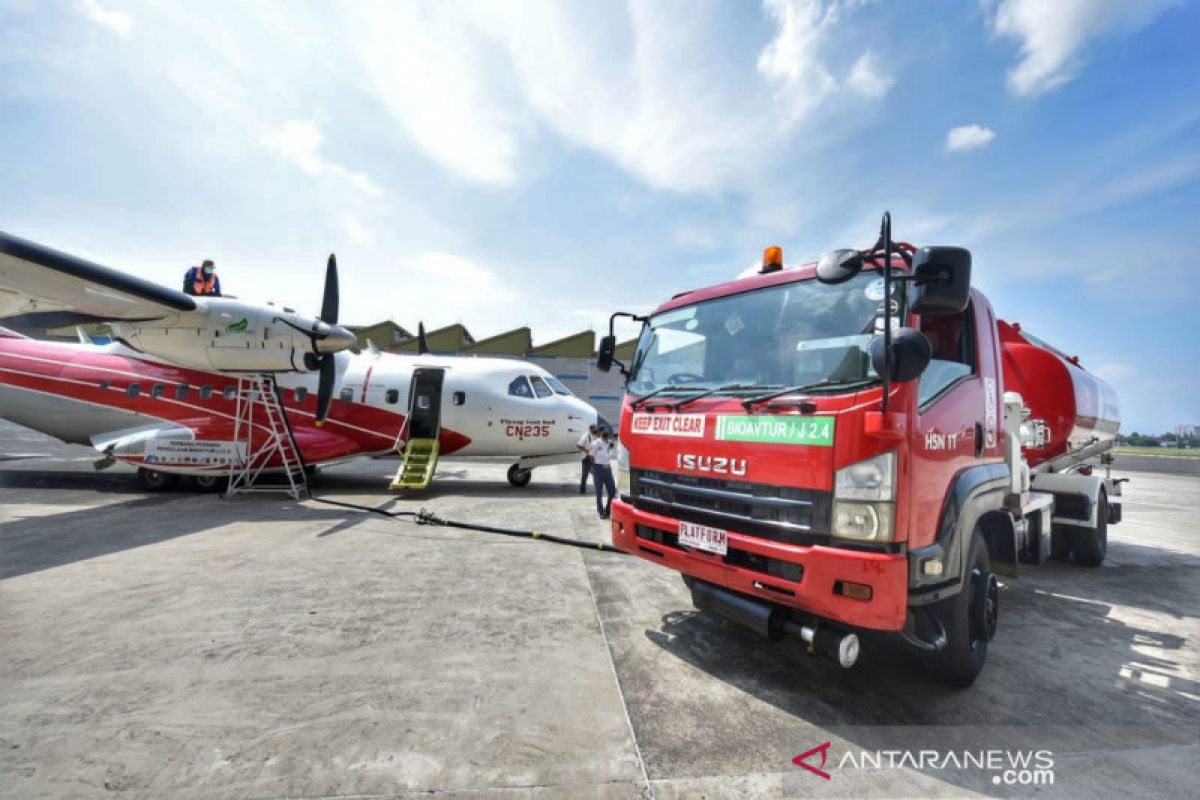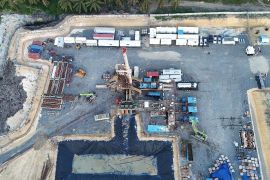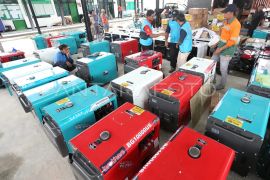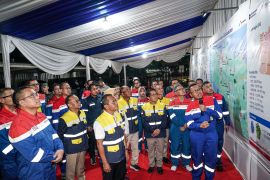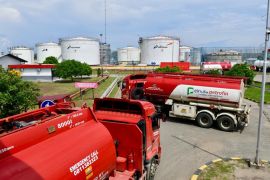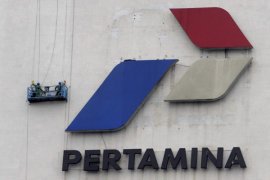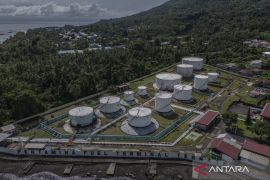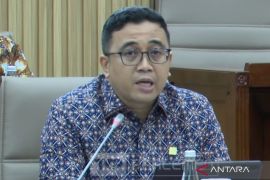The product, called Bioavtur J2.4, was developed by the Pertamina International Refinery in Cilacap, Central Java.
"Through a comprehensive development stage, Bioavtur J2.4 has proven to deliver performance equivalent to that of fossil-based aviation turbine (avtur) fuel," Pertamina Subholding Refining & Petrochemical Corporate Secretary Ifki Sukarya noted in a statement on Wednesday.
Since 2014, Pertamina has pioneered research and development of bioavtur through the Dumai refinery and Cilacap refinery.
Currently, bioavtur's performance is optimal with a difference of only 0.2-0.6 percent from that of fossil avtur fuel.
The Bioavtur J2.4 product made by Pertamina contains 2.4 percent of biofuel produced from palm kernel oil through a catalyst technology.
The company's development of aircraft biofuels encompasses duo crucial stages.
The first stage is marked by the hydrodecarboxylation process, with the initial target being to produce biohydrocarbon diesel and bioavtur on a laboratory scale.
The second stage is marked by the hydrodeoxygenation process in the form of a more efficient biohydrocarbon diesel.
Related news: Aviation turbine fuel consumption up 11.9 percent
In 2020, the Dumai refinery succeeded in producing bio-hydrocarbon diesel -- Refined Bleached Deodorized Palm Oil (RBDPO) -- that is fully derived from vegetable raw materials.
RBDPO is palm oil that has undergone a refining process to remove free fatty acids and for purification to remove color and odor.
This initial stage is an important step in the development of green products, including green diesel and bioavtur.
Sukarya conveyed that the bioavtur produced by the Cilacap Refinery was made from palm kernel oil and fossil-based avtur fuel.
Currently, the production capacity of bioavtur at the Cilacap Refinery reaches eight thousand barrels per day. Pertamina is committed to continuing to boost bioavtur production by looking at market requirements, starting in 2023.
Related news: Minister highlights Indonesia's clean energy strategies at CEM 11
"The development of Pertamina's J2.4 Bioavtur is in line with the clean energy roadmap of the Ministry of Energy and Mineral Resources regarding biofuel mix of up to five percent by 2025, including for air transportation," he remarked.
The J2.4 Bioavtur product will pass a nine-day testing period using the CN-235-220 aircraft belonging to PT Dirgantara Indonesia.
The aircraft for the test took off and landed at the Husein Sastranegara Airport, Bandung, West Java. During the flight test period, the aircraft will refuel with J2.4 bioavtur at the Soekarno-Hatta Airport, Tangerang, Banten.
Earlier, this bioavtur product was tested twice by the static test cell facility owned by PT. Garuda Maintenance Facility (GMF) AeroAsia using Jet A1 avtur fuel and bioavtur (J2.0 and J2.4) in the CFM56-3 engine on December 23-24, 2020, and May 24-25, 2021.
The test results indicated that the engine performance using bioavtur (J2.0 and J2.4) provides the same correlation as using Jet A1.
Based on the success of the statistical test, the subsequent step is to conduct a flight test to ensure that the technical and safety aspects pertaining to the use of bioavtur can be applied properly.
Related news: RI committed to reducing greenhouse gas emissions through clean energy
Translator: Sugiharto P, Resinta S
Editor: Suharto
Copyright © ANTARA 2021
